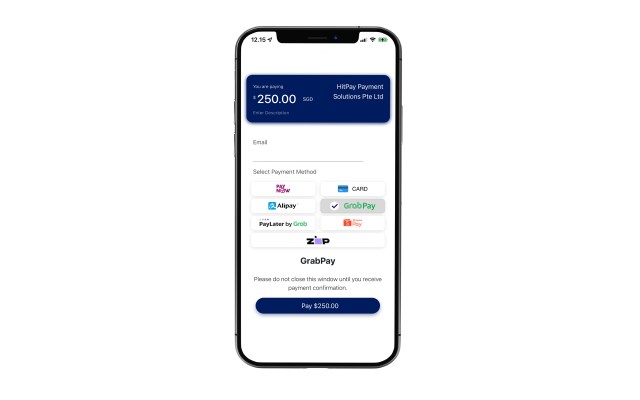HitPay has almost everything SMEs need to run their businesses.
In addition to being an online payment gateway, it also offers tools like point-of-sale software with card readers, plugins, payment links and no-code online stores.
The Y Combinator alum announced today that it has raised $15.75 million in Series A funding led by Tiger Global, with participation from returning investors Global Founders Capital and HOF Capital. It is currently used by more than 10,000 merchants in Singapore and Malaysia, with plans to expand into more Southeast Asian markets, including Thailand, Indonesia and the Philippines.
Co-founder and CEO Aditya Haripurkar told TechCrunch HitPay started in 2016 as an e-wallet but then pivoted toward being an SME-facing platform in 2018 as a virtual POS product. As its team began to understand the needs of SMEs more, it started to develop the other tools on the platform.
HitPay’s Series A funding will be used for building a payments infrastructure from the ground up, with the intention of saving SMEs money and helping them expand their business. This will include business tools and payments infrastructure (including all commonly used payment rails in each market, including bank transfers, cards, e-wallets and BNPL services.)
“SMEs have very specific requirements, so we wanted to build a one-stop no-code platform,” said Haripurkar. “That entails all our plugins, point of sale software, business software, online stores and recurring payments. We’ll be focusing on building these free SaaS tools in addition to building up payment rails, which are focused currently on Singaporean and Malaysian merchants. But in each country we launch in, that will look very different, so we will look at local payment methods in every country. That’s the biggest challenge for our team and where most of our investment and time is going as well.”
The first step HitPay will take as it expands into new countries is to get regulated in each market it operates in, to allow it to build payment infrastructure for SMEs from the ground up. Then it will integrate the most popular payment methods. For example, in Singapore, HitPay currently works with about 10 to 15 payment methods.
HitPay’s no-code platform allows SMEs to unify their online and offline payment stacks. It is typically used by medium-sized businesses, with annual revenue between $500,000 to $2 million. Most are in the retail segment, but Haripurkar expects that to evolve as well.
